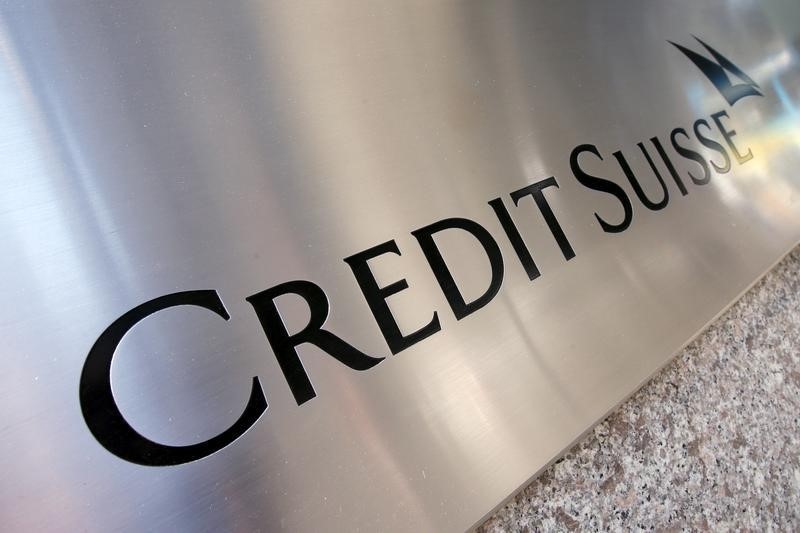This post was originally published on this site
https://i-invdn-com.investing.com/news/LYNXNPEB9415I_M.jpg
Investing.com — Credit Suisse’s (NYSE:CS) credit rating took another hit on Wednesday, Standard & Poor’s judging that its plans for a thorough makeover look fraught with execution risk.
S&P cut the Swiss bank’s long-term rating by one notch to BBB-, the lowest rating that still qualifies as investment grade, saying that it sees “material execution risks amid a deteriorating and volatile economic and market environment.”
It added that “some details around asset sales remain unclear,” but nonetheless left the bank’s outlook at ‘stable’.
CS’s management last week unveiled a radical restructuring aimed at pulling the bank out of a long decline caused by erratic leadership and poor risk management. It aims to raise $4 billion in new capital, with Saudi National Bank leading the capital increase by taking a stake of 9.9%.
In addition, it aims to withdraw largely from investment banking, spinning off those activities under a revamped Credit Suisse First Boston brand. It has already agreed in principle to sell its securitized products business to a consortium led by private equity companies.
There was, however, also some good news for the bank on Wednesday. S&P’s big rival Moody’s decided against cutting its rating any further, although it did cut the rating of one of its biggest subsidiaries, while the Financial Times reported that the Qatari Investment Authority intends to raise its stake in the bank, along with Saudi Arabian-based investment company Olayan.
After the capital raise, the three middle eastern groups could hold just under 25% of the bank, the FT said, citing people familiar with the matter.
The $4 billion capital increase will plug a hole in the balance sheet created by a similar-sized loss in the third quarter, which was the Swiss bank’s fourth consecutive quarterly loss. Whether the bank can flourish after that will depend on its success in bringing back high net worth individuals to its global asset and wealth management businesses, after a sharp acceleration in outflows over the last three months.

